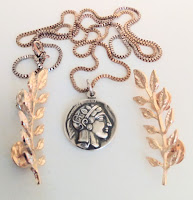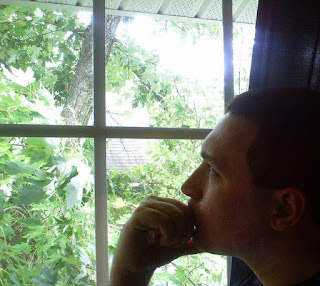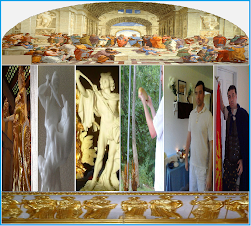The Middle East once again rages with war, not only between Israel and Palestine, but now Iran since the Israeli bombing of their embassy in Syria. Which, I think, should be condemned and not defended or ignored. Neither Israel, nor any nation, should get a license to do whatever it wants without consequences, and to do so will only encourage more war later. We, the United States, also fight too many wars that are not our own, and care more these days for politics than a justified outcome.
But since my time as a Hellenist, I have come to see war as something that can be natural to human culture and the reality of life itself. Sometimes it can be the only way to resolve a conflict. It makes little difference how much you want peace if someone else wants you dead. You have no choice but to fight.
Since the beginning of the universe, war and conflict has been a factor in forging it. The creation of the world was anything but quiet and peaceful. It was violent, destructive, and pushed out one force so that another could take over. Sometimes, there has to be a fight.
Unlike so many people in modern society, we Hellenists do not see Ares as some loathsome or unadmirable presence. We love, worship and respect Him as we do all the other Gods. He has value, place and purpose, and He can also be a protector of justice and righteousness. But there is also something very important that the God of war wants us to remember, I think.
Some wars are necessary, but perhaps most of them are not. We should never be quick to draw our swords or sound the cavalry charge with a light heart, because when Ares comes to the field, there will be war of epic proportions. He intends to leave no question as to who won or what happened. In my view, nations these days are an affront to Ares because they fight for gluttonous pride and selfishness. They fight over politics, power and money.
Of course, there were times when ancient Greeks fought over land and loot, but many of their great wars were also for the cause of liberty and sheer survival, such as when they had to repel the Persian invasions. Sometimes war is the only thing that stands between good and evil, freedom and slavery, civilization and barbarism.
But the wars we see now make a mockery of the God, and that is why these nations have never known true peace. War is never pleasant, no matter the reason. However, I think that if a nation is always quick and haphazardly anxious to start a war, Ares may destroy them as well. To go to war simply because you want to kill, or using said war as a justification to exterminate or commit atrocities, is flying in the face of Ares, and that nation will eventually lose its standing.
In the Goodness of the Gods,
I'll see you at the next Herm down the road,
Chris Aldridge.













